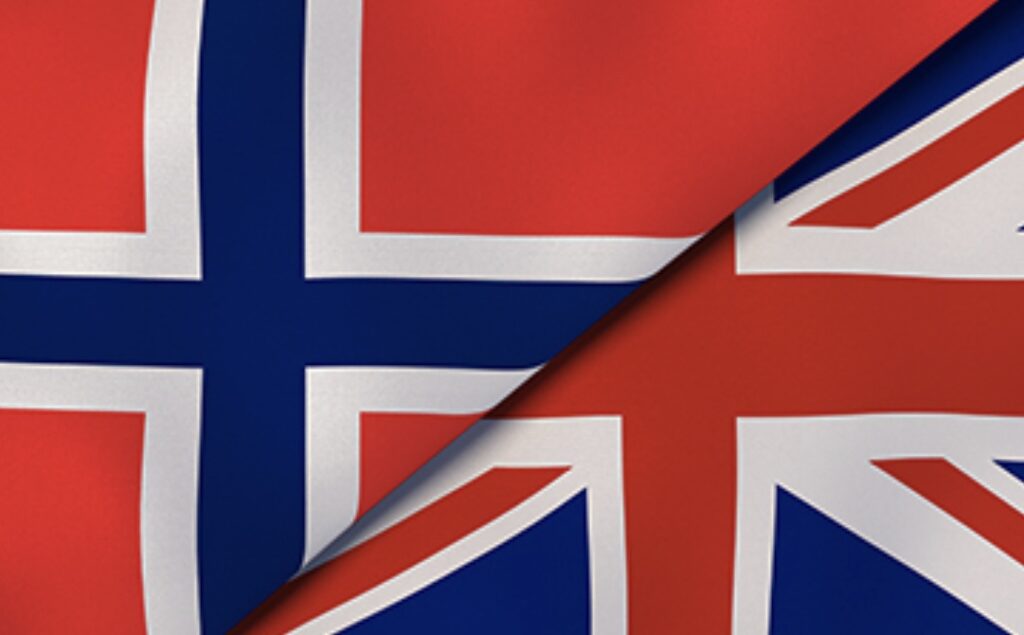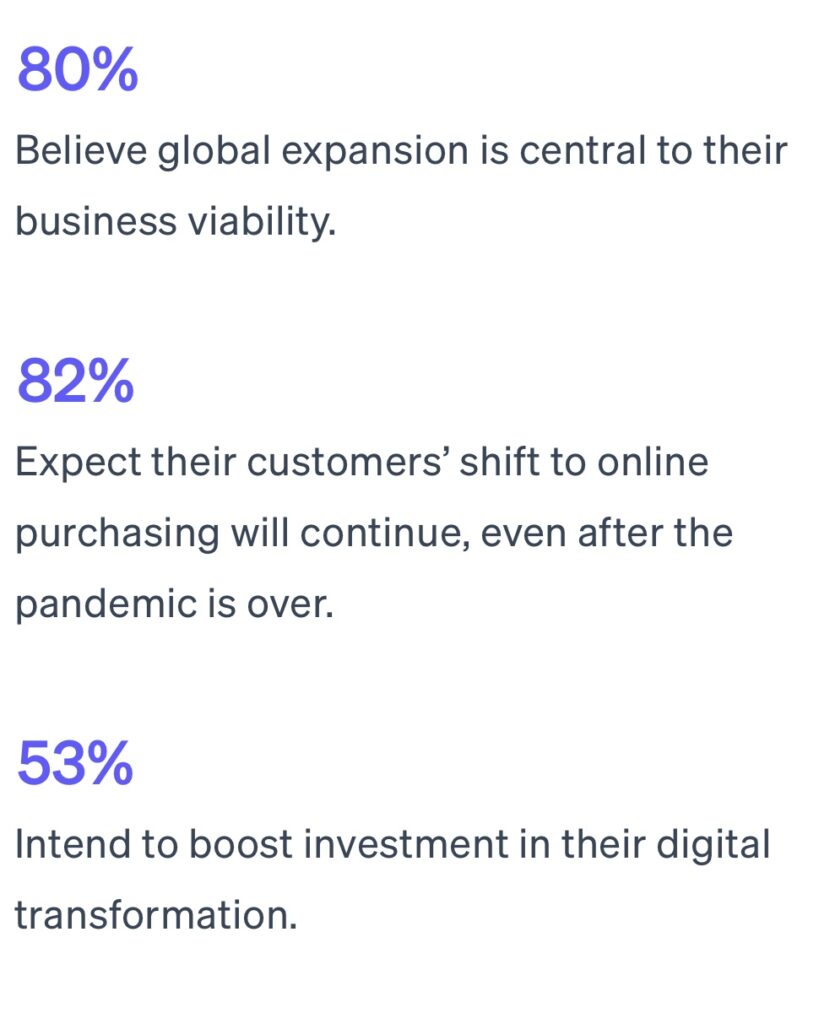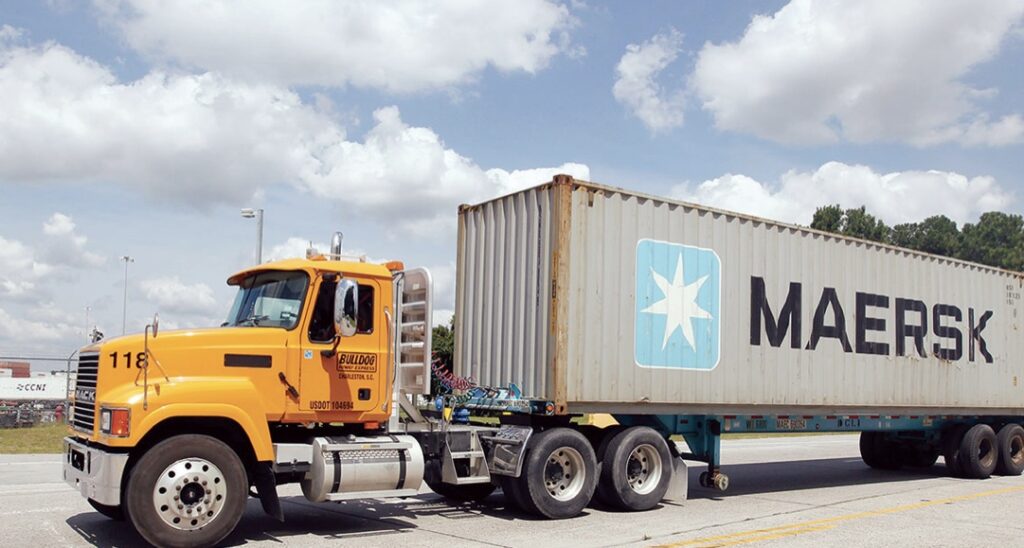Food producers, services companies and exporters to Norway will enjoy a pre-Christmas boost as new UK-Norway trading arrangements cane into effect December 1st 2021.

It follows a joint deal signed in July with Norway, Iceland and Liechtenstein, and will bring the UK and Norway closer than ever before, creating a new services and investment relationship with lower tariffs and exclusive duty-free quotas for UK exporters.
Cutting-edge digital provisions mean British firms exporting to Norway can now benefit from a limit on unnecessary paperwork. Electronic documents, contracts and signatures mean goods can move seamlessly across borders, saving exporters both time and money.
British firms looking to set up or expand operations in Norway can now transfer staff and their families for four years. Norway has stripped back residency requirements for senior management and directors, meaning more UK talent can sit on Norwegian company boards without having to relocate. Business travellers can also enjoy more streamlined and straight-forward visa processes.
The deal also provides assurance to the UK’s booming FinTech industry, enabling innovative FinTech firms to provide new services in Norway, without providing them elsewhere beforehand.
Underlining both countries high ambition on climate change, the deal explicitly reaffirms Norway and the UK’s commitments to reaching net zero. The deal creates further opportunities for investment and job creation in the UK’s green economy, including in renewables, green shipping and electric vehicles.
In summary:
- The new deal slashes red tape, unnecessary paperwork and brings opportunities for UK workers
- It helps cement the UK’s status as an international services hub, making it easier to work, travel or tour in Norway.
- It provides lower tariffs and larger, duty-free quotas for farmers, seafood and food producers
The challenges of 2020 have emboldened adaptive business leaders to think more aggressively about expansion and online commerce.

Adaptive businesses are positioned to thrive when change or complexity arises. They are able to stand up new revenue streams and adjust business models, while their competitors may struggle to adjust to a new reality.
- Adaptive businesses anticipate future customer needs and aren’t afraid to evolve or stay relevant.
- Being adaptive requires businesses to have a constant appetite for finding new revenue streams, pursuing global expansion and innovating faster.
- It’s never too late to invest in technology and infrastructure. The online economy will fuel the most growth even after the pandemic is over.
A.P. Moller-Maersk A/S is giving $1,000 to each of its roughly 80,000 employees as the world’s largest shipping company heads for record profits this year.

The bonus will be in December or January paychecks, according to an internal memo seen by Bloomberg News. The top 400 managers at the Copenhagen-based company aren’t included in the program.
I am happy to work in this great company.






You must be logged in to post a comment.